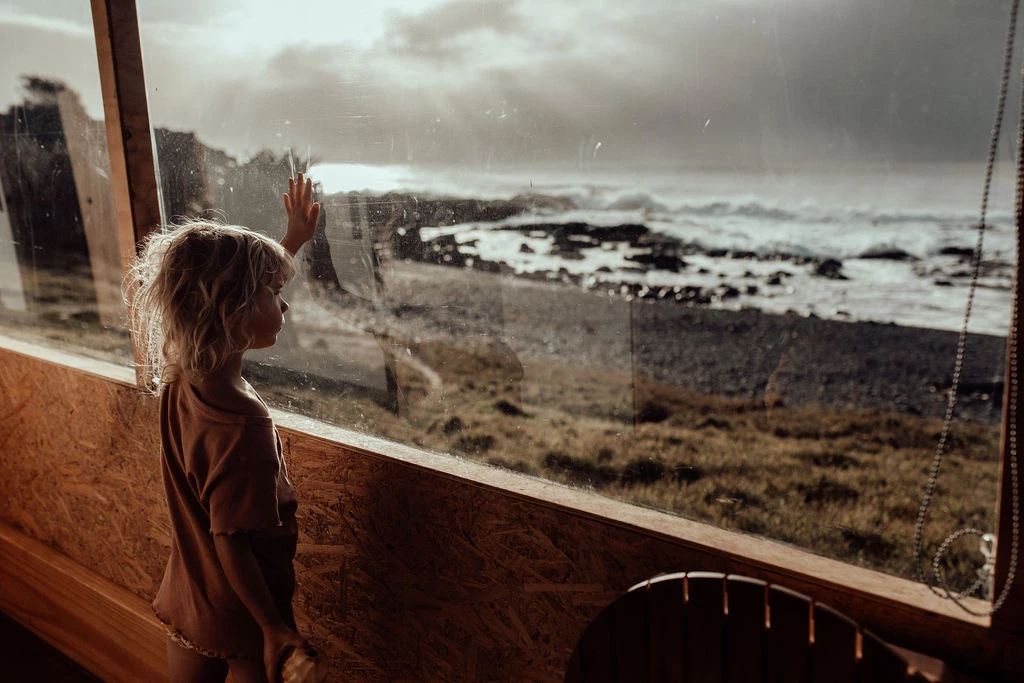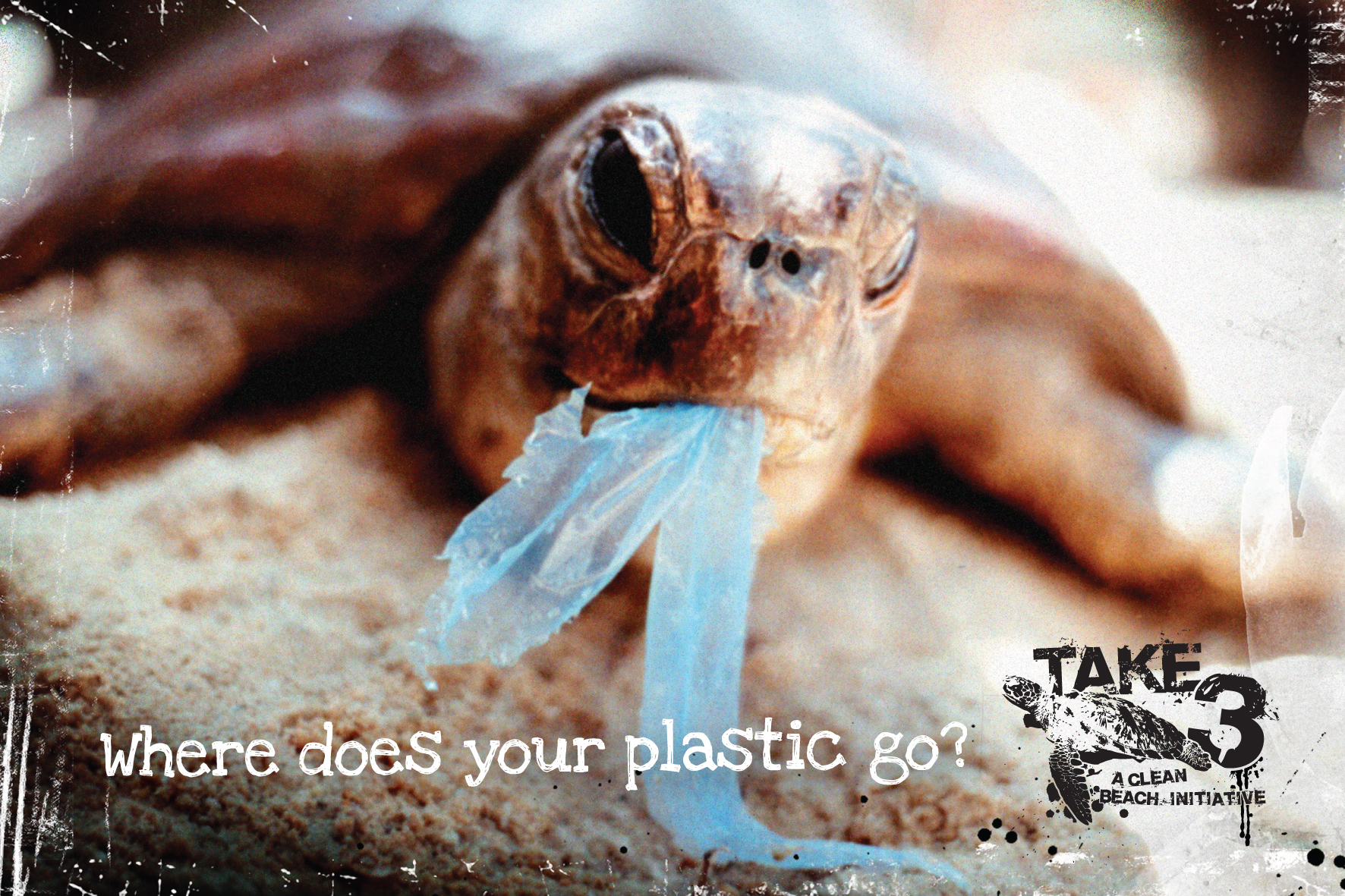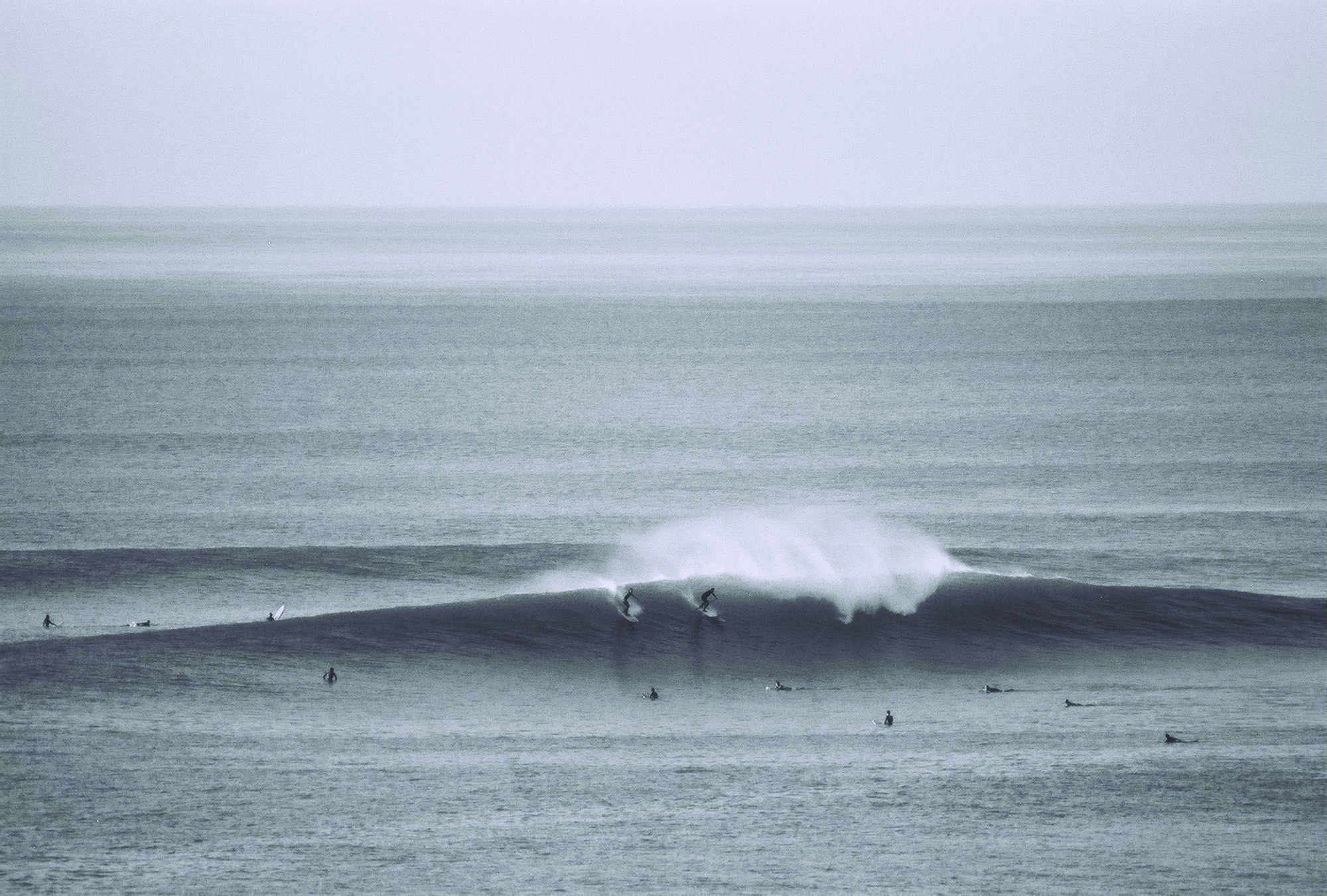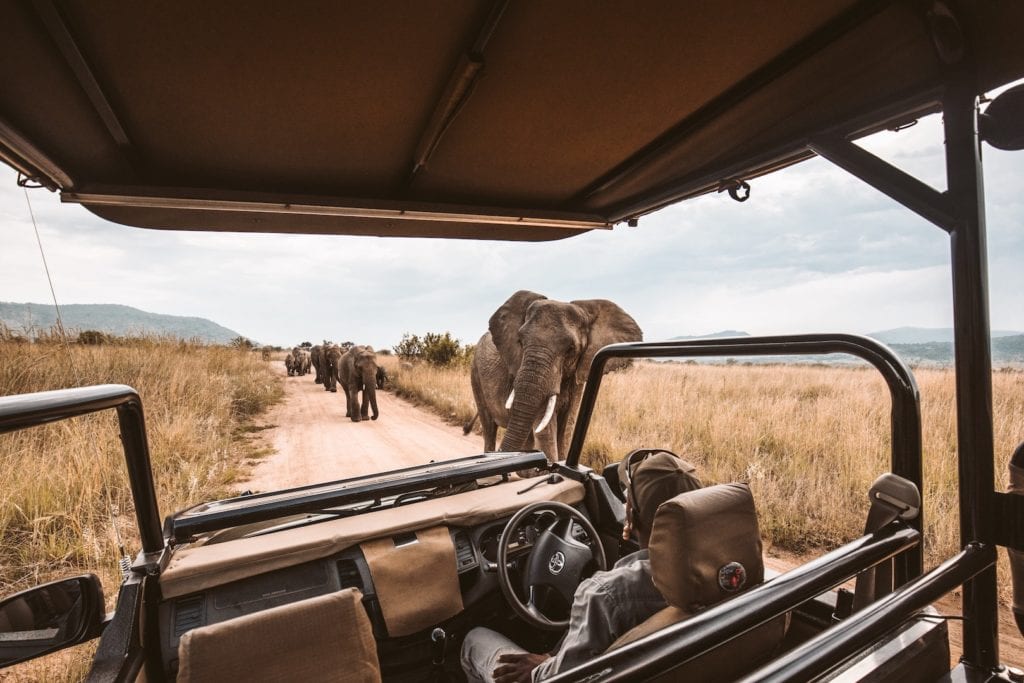
MARTE ROVIK | NO FIXED ABODE
When the shit hits the fan – or the virus hits the headlines, as today’s more relevant metaphor might be – it is our tendency to retreat to the security of home.
Lost in the world, drifting foreign lands, we can feel the shift of the ground beneath our feet, every occurrence sending ripples through the soil that can reach us from the other side of the planet and threaten to bring us to our knees.
Illness and loss, tragedy and catastrophe, they all have us diving for the shelter of our sanctuaries.
So imagine, in these tempestuous times we now find ourselves, if those very sanctuaries are impermanent and that, when told to return home, you can only answer, ‘I don’t have one’.
‘Homeless’ is a funny term. Not funny, ha-ha; tragically, almost 50,000 Australians will find themselves on the streets this year with no place to call their home. No, there is nothing amusing about this shameful statistic.
What is funny is that homelessness denotes a lack of bricks and mortar, of a permanent address, utility bills, a sticker on the back of your driver’s license and the burden of rent or mortgage. Free yourself of these oppressive weights and you become, by definition, homeless. But a home is so much more than this, or should I say, so much less.

It’s true that a home should feel like a sanctuary, where you feel cocooned and loved, secure and at peace. ‘Home is where the heart is’, and for Marte Rovik and her family, their hearts are cradled in the cosy, bespoke interior of a reconditioned, impeccably-refurbished 1998 MAN bus named Lloyd.
“We decided to buy a bus and make it into a home about two years ago,” Marte recalls of the family’s initial transition to nomadism. “We could fulfil our dreams of not being so stationary and to be moving around more, while at the same time not having a mortgage.”
For just $40,000, Marte and husband Jed Harris bought Lloyd, gutted him and remodelled the interior, ready for life on the road, just as wanderers, campers and gap-year backpackers had done a million times before – but completely not. Bus life evokes connotations of travelling comfort, sure, but the relinquishing of domestic privileges. Winnebagos, RVs, campervans or converted buses – call them what you will, and pay a fortune for the biggest and the best, but you’ll always still kind of feel like you’re camping. Suggest that to Lloyd and he’ll rev aggressively before doing burn-outs in your petunias; Lloyd is not a means to comfort-camping – Lloyd is a fully-functioning, custom-crafted home for four, complete with wood burner, full kitchen, two bedrooms, office-living room, full-scale family fridge and even a bath for the kids. He just happens to also have wheels and an engine.

[photo: @runningwld_mama]
“We felt caught in the mundane trap of society,” Marte reflects. “Jed was working away so that we could afford to pay rent, and we began to think that we should buy a house, because that’s what you do, right?”
With the banks in flux, their investment property, bought some years before, counted for nought. They had held onto their small house as a means of collateral, but rather than make them work themselves to the bone to afford their dream home, this abrupt slap in the face from the banks served as an awakening to the life they truly wanted.
Around 15 years ago, a young Victorian bloke was wandering around the unfamiliar landscapes of Norway. Somewhere amongst the fjords and fiskeboller, he met an actress on the verge of a major career. Already successful, Marte turned her back on opportunity and moved with Jed to Australia and an English-speaking acting career.
The pair moved frequently, relocating to different cities in part, at least, to explore Marte’s opportunities on stage and screen. But already the pair had a wanderlust. Loading into Jed’s faithful Toyota Troopy, they would spend months at a time between cities and rentals, living in the confined steel box on wheels, waking to new horizons, free to go wherever they pleased and not bound to any one location.

“We lived in Broome for a while, Melbourne, Geelong, Manly, Sydney, then we went over to Perth and lived in Fremantle for a while.
“I’d just come out of acting school in Norway and landed the role of my life. But I got really overwhelmed with it all and left to go to Australia in 2009.
“After probably ten years in that industry, I was really ready for a change. I couldn’t figure out why I was doing it or what I was trying to prove, but I was really not enjoying myself. I finally landed my dream job at the Heath Ledger State Theatre in Perth, which for a performer – you’re on salary and have holiday pay – it’s absolutely ridiculous.
“So when I landed a role like that and still wasn’t enjoying myself, I really needed to address what I was doing.”
‘Address’ – perhaps a Freudian slip. Now living in Margaret River, Jed worked FIFO, away from home for long stretches at a time in order to fund his growing family. But this was the antithesis of what he and Marte believed and cherished – that notion of working all hours you can to afford the house that you spend no time in.

Jed had already missed a heartbreaking portion of those too-fleeting years of his first daughter, Ellida’s life. Now with their second child Embla fresh into the world, it was time for the paradigm shift that had been percolating within for so long.
“We were stationary in Margaret River for about three years,” says Marte. “I think we just felt kind of caught in that mundane trap, you know, where you’re thinking to yourself, ‘it’s not supposed to be this way’. My family are all over in Norway, Jed had to work away and, by the time we had our second daughter it just didn’t feel right that he had to leave us to go to work to pay for rent – we weren’t even paying off our own house, even though Jed was making these huge sacrifices.
“When electricity prices went up that same winter, we just started to feel screwed over by the system. We were constantly thinking about how we could make more money independently just so that Jed could be with us more, but then we landed on the decision that, if we have less, we would need less. We sold everything we owned, all our possessions, and moved into Lloyd.”

Lloyd was a lifeline. Over 18 months, the pair spent all the time they could fixing up the bus. Bought from the owner of a fleet of buses, for whom Lloyd is named, the decommissioned vehicle remained at the yard where he had served for many years. Lloyd – the owner, not the bus – kindly allowed Marte and Jed to keep their new home on his property until the build was complete.
There are numerous aspects of insanity in this story, at least when viewed with the indoctrinated eyes of conventional society. They were relinquishing their security, they were moving into a bus with two children under the age of four, they were throwing their compass out the window, blindly driving towards a never-ending horizon with no notion of what lay before them, and they were doing so, almost literally, on the smell of an oily rag. Lloyd was a $10,000 investment. With all their possessions sold, they had another $30,000 to spend on the fit-out and furnishing. With most similar projects costing little under five times that amount, one could assume that their aspirations were a little too high. Toddlers are, through no fault of their own, high maintenance. Parenting of one child is a full-time job, without adding in a newborn. And when you’re adults, you can’t just wander the country aimlessly…can you?

“Jed has been a carpenter for many, many years, so that part was fine. But building a bus is very different and we went through a massive learning curve. Embla was a newborn, so I helped where I could, but my hands were pretty full with our two girls.
“We wanted to be completely off-grid, so we would require solar, but solar is incredibly confusing and there are so many different ways of doing it. It was very intimidating trying to work out how we could use it like a domestic system to run everything off. People just laughed at us! They told us we’d never be able to do it, but we did; we just had to think outside the box.”
The notion of life permanently on the road remained. Why would they forgo their creature comforts? To Marte and Jed, this – just like every other aspect of their unique metaphoric and literal journey – was irrelevant. Passionate about sustainability, living an off-grid lifestyle and minimising the cost of living in all its unnecessary aspects, this wasn’t about downgrading, affordability or even living to their means. This was about defying the system, about redefining their lives. This wasn’t a change – this was an escape.

Marte was now a businesswoman. Studying infant sleep psychology, her online baby sleep consultancy business could be run from anywhere. She offers gentle, holistic solutions to families whose children struggle with eating, sleep and thriving healthily, advising them on methods to better manage their children’s characteristics and achieve a healthier balance and stable routine. Almost ironic for someone whose routine could be viewed as anything but stable.
But stability in life, just like the stability of a home, is purely conceptual. The family now spends all their time together, Jed has taken on the role of full-time dad, their free-flowing lifestyle affords them the opportunity to go where they please, change horizons on a whim, make their day, make their entire world, revolve around them, rather than the other way round. Surely that is not less, but more stable than working your balls off just to adhere to socialist dogma? With vastly reduced overheads, Jed doesn’t need to work and Marte isn’t under any pressure to advance or apply herself to a gruelling career path just to make ends meet.
They could be onto something here.

Lloyd was never going to be a camping vehicle. He was a home from the get-go. “Is bus life for everyone?” reflects Marte. “Well, we have a lot of creature comforts. We have a full-sized fridge, a fully-furnished kitchen where we cook completely normally, we have separate bedrooms, our kids have bunk beds and a play space, we have a couch, a living room – we set it up so that it would work for us in the long run. You could go down the path where you live in a little bus with all your kids and have bucket baths outside, or you could do what we did and build a tiny home on wheels.”
Setting off on their travels a year ago to this day, the family could go where they pleased, staying at free campsites on the west coast or paying nominal camping fees on the east and in Tasmania. Sometimes, if they found somewhere particularly appealing, they would post signs on notice boards asking locals if they might contribute a small piece of land for a little rent to a lovely and inspiring family. Tassie, in particular, was very welcoming, but when COVID hit, the game changed.
Lockdowns swept the nation and campsites promptly closed. Some fellow bus dwellers invited Marte and her family to join them on some friend’s land to wait things out, but this was a less-than-ideal scenario from the outset.

“We met a couple of families very similar to us in Tasmania who were also essential travellers [those who reside permanently on the road]. When they began closing campgrounds we didn’t know what to do. They told us to go back home, but obviously our buses are our homes. One of the families said they had a friend with a private property down the very south of Tasmania, and we could try and get Lloyd in.
“It was our only option and we eventually got Lloyd in. It was a long, muddy driveway and we nearly tipped a couple of times, it was crazy! But we managed it. But then we wondered if we’d ever get out!”
Once there, despite the location being a little corner of paradise and their newfound friends becoming surrogate family, the challenges continued:
“It was an amazing spot, with its own private beach and wood fire and even a sauna, so we spent a couple of weeks there. We didn’t have access to water, it was very shaded, so none of us had much solar, so we were really living like we were 100 years back in time… but we got really close.”

The eviction, however, applied not just to the campsites, but to the entire island of Tasmania. Forced to buy tickets and leave, the family made the treacherous trek along the muddy, wobbly track, back across Tassie and onto the ferry for the mainland.
A wending trail up the east coast terminated in Byron, where the family has, at least for now, been all but forced to settle until travel restrictions are eased.
Marte, Jed, Ellida and Embla don’t lead a conventional life, that much they willingly admit themselves. Jed spearfishes to supplement grocery bills, they grow herbs on the dashboard of Lloyd, they live by the sun and, with Ellida now at school age, educate the girls at home. Oh, and they live in a bus.
But conventionality is just another concept, a cowl placed over our heads, blinding us from the radiant horizons of endless possibilities. Marte has electricity, wifi and all the space she needs for her home office. Jed takes the girls for most of the day, educating them in life as much as on the curriculum. Their life is every bit as normal as the vast majority of the population, it’s just ‘normal’ redefined.
Marte and Jed have created something rare: a life that serves them. It seems miraculous, even impossible to contemplate for many of us, but that isn’t because it’s so hard – it’s only because it is so different.

Life can feel like a struggle, an endless battle against the flow, a constant, slippery, shit-covered climb uphill that just won’t let up. What Marte and Jed prove is that, oftentimes, it is not ‘the man’, ‘the system’, the banks or the boss we are battling against… it is ourselves.
There is no fate but what we make. We too can create a life that serves us, if only we are prepared to make the change.
“Jed always says, ‘don’t wait for that life-changing moment to change your life’, because you’re always waiting for something that may never come.”
NB: The time of publishing marks the 12-month anniversary to the day of the family’s new life. Happy Birthday Lloyd.

[photo: @runningwld_mama]
Follow the adventures of Lloyd and family on Instagram: @runningwld_mama
You can learn more about Marte’s baby sleep consultancy at: www.marterovik-babysleep.com
All images gratefully published with the permission of Louise Beaumont: @the.family.photographer
www.thefamilyphotographer.com.au

[photo: @runningwld_mama]




[photo: @runningwld_mama]
Article first published on This is Byron, Aug 13, 2020
You May Also Like

PLASTIC FREEDOM
August 5, 2016
THE CHANGING TIDE | REFLECTING SURF CULTURE
August 1, 2015
